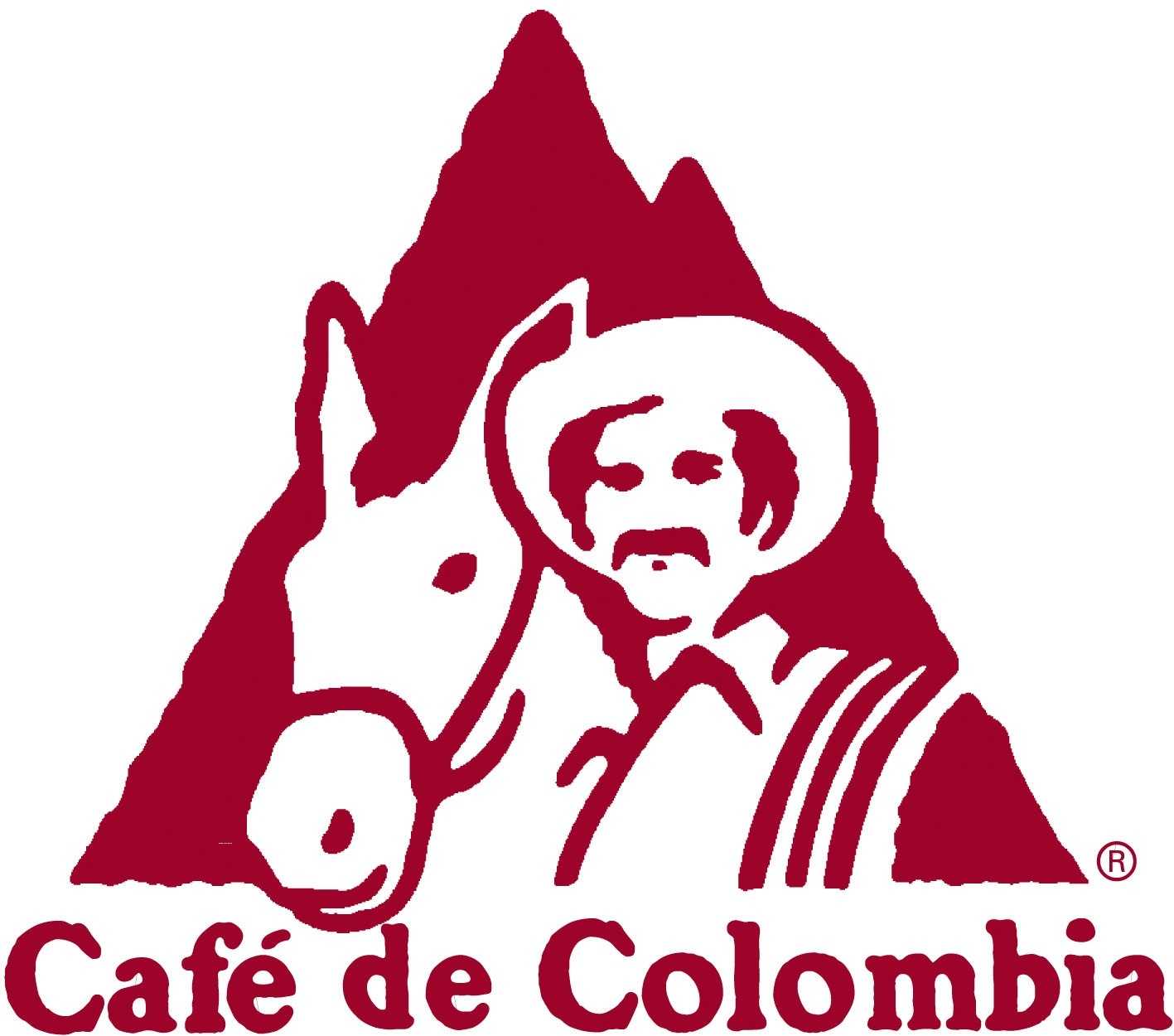During Expo Milano 2015, the European Commission’s Directorate-General for Agriculture and Rural Development acknowledged Café de Colombia for being one of the few non-European products that benefits from the Protected Geographical Indication granted by the European Union.
Cafe de Colombia was recognized during the seminar “Geographical Indications in a Globalized World: Win-Win for Producers and Consumers” that took place today in the European Union’s pavilion. The event brought together representatives of more than 40 products that enjoy the privilege of being recognized as a Protected Geographical Indication according to EU law.
The European Union’s seminar is one of the many activities that take place during Expo Milano to increase awareness of the nations’ ability to “provide healthy, safe and sufficient food for all people while respecting the planet and its balance.”
Other products that were recognized alongside Café de Colombia included the Vietnamese fish sauce Phú Quôc, the Norwegian dried fish Torrfisk fra Lofoten and the Turkish pastry Baklava. However, given that Café de Colombia is a global marketing benchmark that has developed an international strategy to provide minimum quality standards for its coffee and protect its origin, it was the only one invited to present in a discussion panel.
It’s worth noting that in 2007 Café de Colombia became the first non-European product to be recognized by the European Union as a Protected Geographical Indication. In addition, Café de Colombia benefits from the recognition and protection provided by the Geographical Indication in countries including Switzerland, the United States, Canada and the Andean Community’s members.
The FNC shares its experience
Thanks to its international leadership, the FNC was invited to participate in the European Union’s seminar. The seminar’s aim was to analyze the role of Geographical Indications in a globalized world and the benefits that they provide to producers and consumers.
Marcela Jaramillo, FNC’s Institutional Marketing Director, presented Café de Colombia’s experience in using Geographical Indications as an origin differentiation tool. Additionally, she shared the FNC’s developments regarding the design and implementation of regional Denominations of Origin.
The FNC also presented its purchase guarantee policy, which is an essential tool in transferring greater value to producers and fomenting competition in a domestic market comprised of thousands of producers.
Challenges: unfair competition and abuse of reputation
Producer organizations face great challenges when building value and reputation around quality. The panel noted that producers often face unfair competition and abuse of reputation to sell their products without meeting quality standards from several actors throughout the commercialization chain. This, in turn, has a negative impact on competitiveness and on products that enjoy a high quality reputation.
More than 32,000 cups of Café de Colombia have been served at Expo Milano
More than 32,000 cups of coffee from different Colombian coffee growing regions have been served at Colombia’s pavilion. Barista performances, coffee tastings and presentations to journalists and special guests about Colombian coffee are also taking place during Expo Milano.
Café de Colombia’s unique and differentiated coffees with Denominations of Origin are a unique proposition amongst Expo Milano’s broad food and beverage offering.


















